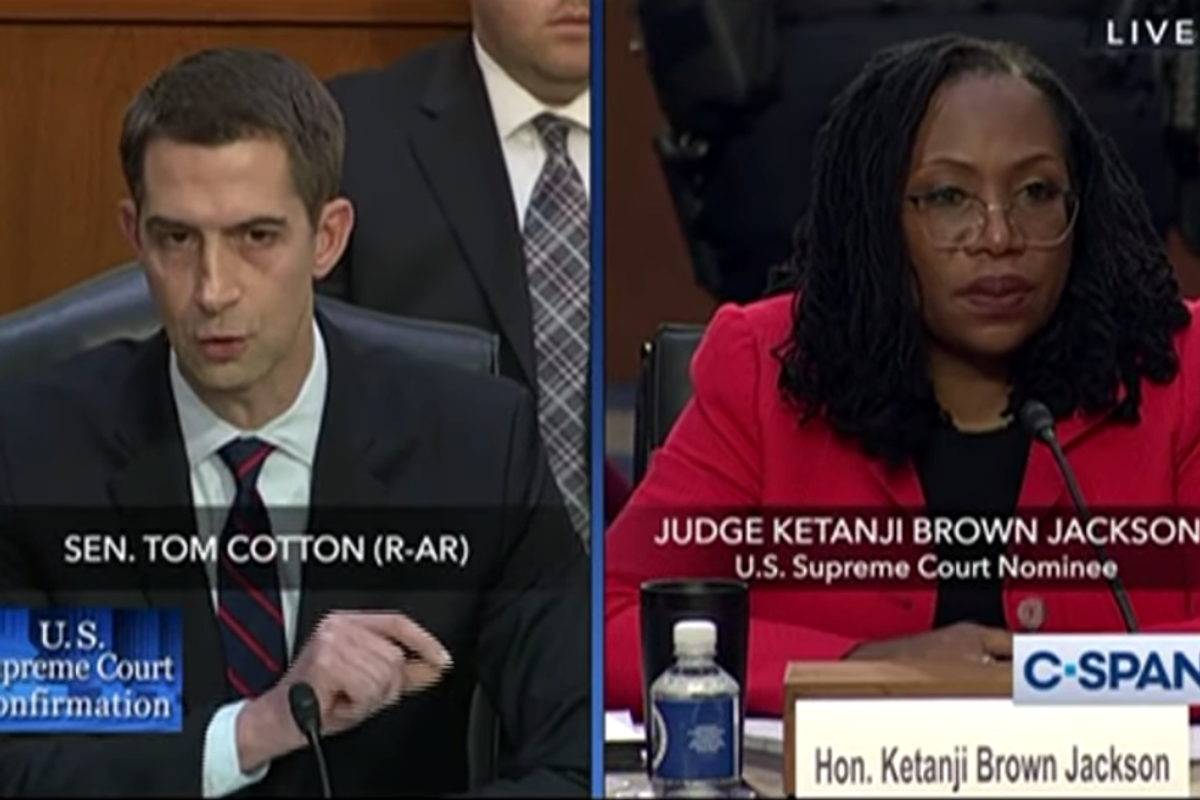Senate should 'ensure judicial nominees are committed to upholding' victims' rights

Senator Mazie Hirono asks every judicial nominee two questions. One: “Since you became a legal adult, have you ever made unwanted requests for sexual favors or committed any verbal or physical harassment or assault of a sexual nature?” Two: “Have you ever faced discipline or entered into a settlement related to this kind of conduct?”
These questions reflect concerns historically undervalued in the law, namely: whether violence against women is worth taking seriously and whether judges are beyond reproach. The Congress and the Supreme Court owe the public a satisfactory answer to both.
The Constitution prescribes that Supreme Court justices and other federal judges are appointed by the president with the advice and consent of the Senate, and hold their offices during “good behavior.”
“Advice and consent” is now nearly synonymous with confirmation hearings — a practice developed in the early 1900s in part because of an antisemitic effort to keep Louis Brandeis off the Supreme Court.
Last week’s hearings to confirm Judge Ketanji Brown Jackson were similarly marked by the presence of bigotry and absence of utility. Senators focused on TV tantrums and questions intended to signal the asker’s allegiance to extremist (and frequently discriminatory) causes célèbre, rather than assess the fitness of the nominee.
The Senate’s approach to sexual violence throughout the hearings was inconsistent at best — and shamefully disingenuous at worst.
Some senators cast unjustified aspersions on Judge Jackson’s record and personal character with respect to her adjudication of child pornography cases. Senators knew the smears were false: the American Bar Association conducted an exhaustive objective review and repeatedly averred that the claims were completely without merit.
Dozens of organizations that provide services to people victimized by domestic violence and sexual assault also confirmed that Judge Jackson’s rulings reflect the judicial consensus and a commitment to equal justice. Senator Richard Durbin was especially concerned by unprecedented requests to view confidential presentencing reports.
The exploitation of abuse survivors’ experiences, coupled with the absence of any evidence of judicial wrongdoing, shows that the theatrics of GOP senators were about showmanship, not safety.
Vitriolic remarks about sexual misconduct also rang hollow when considering the senate’s treatment of nominees accused during their confirmation hearings of harassment or sexual assault.
Law professor Anita Hill testified at the confirmation hearing of Clarence Thomas that he sexually harassed her while he was chair of the federal Equal Employment Opportunity Commission.
Professor Christine Blasey Ford testified at the confirmation hearing of Brett Kavanaugh that he sexually assaulted her while in high school.
During Judge Brown Jackson’s confirmation hearing, the same senators who tried to position themselves as warriors against sexual violence belittled and dismissed the attempted rape Professor Blasey Ford described as an “inappropriate” discussion of “teenage dating habits.”
This stunning hypocrisy and indifference by the country’s top legal arbiters exacerbate the crisis of public confidence in government.
The lack of moral clarity about violence against women exhibited by senators while vetting the court creates suspicion as to whether women will be protected. As the court’s functioning depends in large part on its reputation, suspicion is a threat to the credibility of those charged with the construction and interpretation of our laws.
Victims and survivors of sexual misconduct are not political props to be used or dismissed when politically convenient. So why are they and the rest of the public subjected to this off-key song and clumsy dance?
“Advice and consent” should be an opportunity for meaningful engagement so the Senate can ensure judicial nominees are committed to upholding the rights of the vulnerable and marginalized in addition to those of the powerful. Congress has an obligation to take the necessary steps to establish a court ethically fit for duty.
To the judiciary’s credit, some steps have been taken to protect women and advance accountability for federal judges. The Judicial Conference of the United States revised its ethical rules in March 2019 in response to news reports of judges sexually harassing clerks and otherwise abusing their power in the workplace.
But major shortcomings remain: the inapplicability of federal judges’ code to the Supreme Court is one particularly glaring deficiency.
The nine justices of the Supreme Court are the only judges in the country who do not have a formal code of conduct to which they must adhere. An ethical code would be a long-overdue step toward bolstering the ability of the court to conduct itself as it should.
Recent high-profile ethical lapses reveal a status-quo that’s woefully insufficient for fostering a judiciary deserving of public confidence.
There is a range of possible enforcement mechanisms for a code of conduct that warrants further analysis, but before we determine consequences, we must at least develop a standard.
If we are to have a Supreme Court that protects the rights of everyone under law, the justices cannot themselves be above the law.
Congress and the court alike have an opportunity to make protecting women and rooting out misconduct a priority. Both play a role in promoting accountability and the rule of law.
By taking “advice and consent” more seriously as well as supporting a code of conduct for the Supreme Court, Congress can demonstrate a real commitment to public service rather than to lip service.
from Alternet.org https://ift.tt/LTSWjw3
via sinceretalk
Comments
Post a Comment